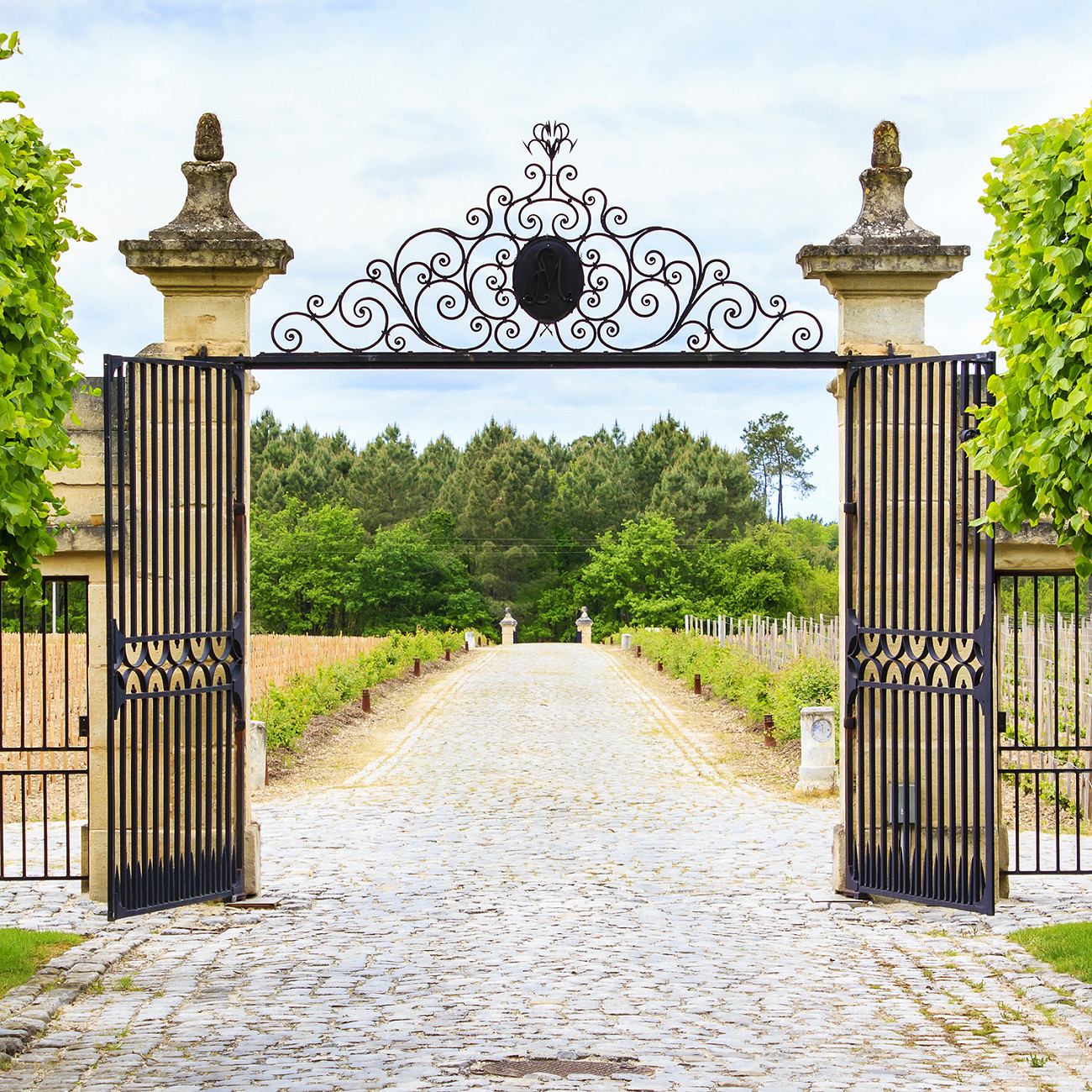It’s no secret. Stately homes face the challenge of needing to develop new ways to innovate and commercialise their estate. But upkeep costs are high, and decay, mould and rot will stop at nothing. Adding fuel to the fire, the pandemic has halted all visitor footfall — killing off the one source of revenue many stately homes relied on.
Faced with the pressure of keeping a roof over their heads, landed estates have had to come up with innovative ways to commercialise their brand and generate new forms of income. Many estates are veering away from traditional means, with some considering completely shutting their grounds to the public.
Instead, the trend amongst stately homes is to leverage their brands in new ways in a bid to commercialise their land and attract new business ventures. An important part of extracting the most value from their brands has been to ensure it is perceived as sustainable and impactful. That’s because branding an estate as ‘sustainable’ results in a significant competitive edge when trying to attract new business opportunities and commercial partnerships.
There are many ways stately homes can go about repositioning their heritage brand as ethical and sustainable. It starts with action. For example, setting up a solar panel farm and selling the electricity back to the local power grid, or even selling organic produce from the estate’s heritage farm to national supermarkets. What unites all these projects together is a focus on ethics, sustainability and ESG.
Imbuing an estate brand as sustainable is not an exercise in futility. It’s not a strategy to sell more organic eggs or attract more visitors to the annual horticulture show. It’s a complex communications strategy aimed at elevating the entire value of the estate as a business. An estate represents more than just a pretty assembly of brick & mortar, an estate represents endless business opportunities. Whether that’s supply deals with national supermarkets, business partnerships with leading TV & film production companies, or annual lease agreements with major event organisers.
Families who have sold an estate will recognise this. That’s because selling a landed estate is more than just selling the big house, grounds and assets — it’s also about selling the brand, business and all the endless commercial opportunities that come with it. That’s why estates with a competitive commercial brand are infinitely more valuable than those without one.
But branding estates as ethical is no longer a choice, it’s now a necessity. Most, if not all, commercial partners won’t even consider partnering with estates that don’t have that coveted green stamp. Giving visibility to ESG and CSR commitments is no longer a corporate garnish, it’s become standard practice.
Our latest research found that stakeholders, commercial partners and foreign investors are primarily looking to do business with landed estates that are ethically minded. That’s because we are in a green gold rush. Sustainability is highly profitable and companies only want to be seen to be associated with partners who care about ESG & CSR.
While it’s one thing to position a heritage brand around sustainability, it’s another thing to communicate that to the world. No one is going to want to do business with a brand they’ve never even heard of — no matter how pretty and green they are. Communication is key and giving visibility to the estate’s ethical efforts is the next step to attracting investment opportunities and opening doors to new commercial partnerships.
Our research has found that commercial associates are not interested in this. Landed estates are risking missing out by not giving visibility online to their ethical efforts. On the flip side, stately homes that do this will be ahead of the game — scooping up all the lucrative opportunities and business partnerships. Just like the modern economy, it’s dog eat dog.
So what can landed estates do? There are many things stately homes can do to raise awareness of their ethical branding. Executing communications strategies that are both online and offline. In particular:
- Wikipedia. With so many estates dotted around the country, potential partners will be sure to conduct rigorous online research on a landed estate. Often, first landing on an estate’s Wikipedia page. Yet, these information hubs are often all about the estate’s ancestry, with not even a passing mention of the sustainable strategies they’ve implemented. Landed estates should talk about their sustainable activities online. First impressions count and that’s it’s important to leverage all digital mediums to position the heritage brand as ethically focussed and sustainable.
- Local partnerships. In addition to communicating digitally, stately homes can also leverage their personal relationships with the local community. There are some easy, low-hanging fruits that estates can pick. For example, setting up a food bank scheme to donate left-over produce is a cost-effective strategy to enhance local relationships, tick off CSR commitments, and help spread awareness about the ethical efforts estates are doing. Eventually, initiatives like this will grow into partnerships. Regional charities and successful businesses want to be aligned with the estate’s brand because it, in turn, raises their own — quid pro quo.
- Media coverage. Landed estates can also execute a sophisticated media strategy to raise awareness amongst targetted audiences. Depending on the type of commercial partnership heritage brands are looking to attract, estates can raise media coverage in particular types of press. It is through talking to the right audiences that the estate’s brand starts to become associated with sustainability and ESG.
All in all, if landed estates want to attract commercial partnerships, compete for business opportunities and generate new streams of income, they must take proactive steps to position their heritage brand as sustainable and ethically-minded. This is certainly no small feat.
Repositioning, elevating and modernising any business is difficult, especially for landed estates that are founded on decades of history and tradition. But if history has taught us anything, it’s that in order to stand the test of time, learning to evolve is crucial to survival.

